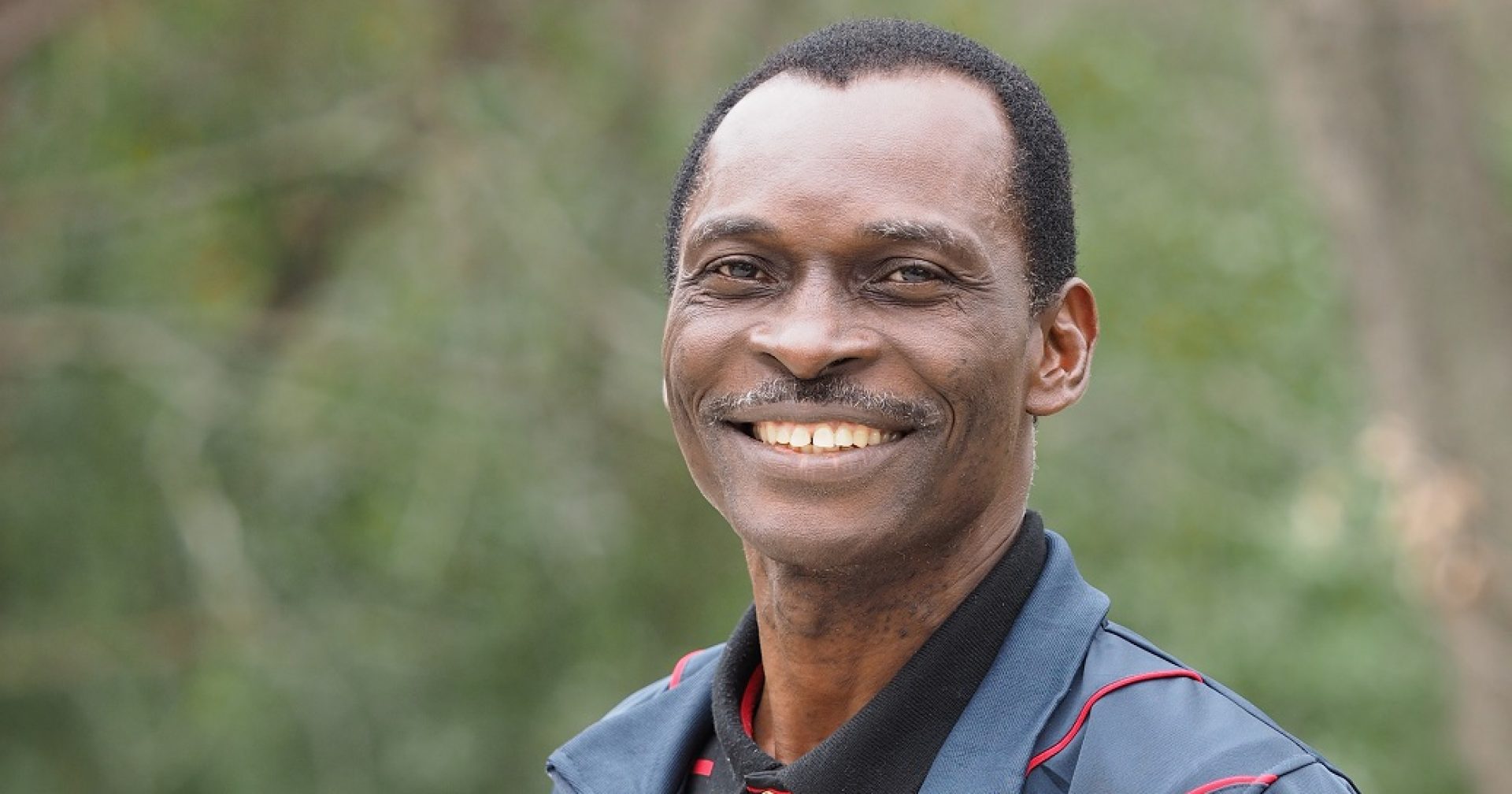 To start with, I do not trust our leaders. Like you, perhaps, I do not have much confidence in their sincerity of purpose or in their ability to fulfill promises. My reason is simple: I do not trust The Nigerian.
To start with, I do not trust our leaders. Like you, perhaps, I do not have much confidence in their sincerity of purpose or in their ability to fulfill promises. My reason is simple: I do not trust The Nigerian.
“They have all failed us!” we like to rant and rave and fume, but none of them was some alien from Pluto or Jupiter. In our fifty-plus years of nationhood, we have not imported leaders from Kleptomanistan or from Monsterabia. The fact is that they were us! Believe it or not, they are Us! And have we had any leader worthy of our trust? A resounding “NO!” seems to be the chorus I hear. Maybe the real question then should be: What really is wrong with Us? We breed our own leaders, smart and wonderful people that we believe we are, but how come we have only been able to breed devils and thieves and morons and idiots – as we have chosen to label them now? How come it has forever been Us versus Them through the different sets and generations of leaders we have bred? And how come the very best among Us transform to our worst enemies the instant they cross over into that realm called Leadership? If we think the problem is our current president and his cabinet, then something must be truly grossly wrong with Us! If a couple has produced 10 children and all of them have turned out to be retards, nothing tells you better that heredity is the cause than hearing the couple blame the kids for their conditions!
A group of people, more often than not, deserves the leadership it gets. Of course, I also believe that it is part of the responsibility of leadership to help the people to deserve better, but we must not forget that it is the people that ultimately determine how much of such help they receive and appropriate. To brag about the power of the people when it comes to grounding the system through strikes and demonstrations and then moan about how powerless the people are when it comes to effecting true and necessary change in our national psyche amounts to sheer dishonesty.
‘When sin is not speedily punished, the wicked are emboldened.’ So I’ve been quickly reminded. And why has it been difficult to punish sin in Nigeria? Part of the problem is that our brothers and sisters and cousins and uncles and aunties and friends (meaning most of us in the system) believe that sin should only be punished when it is committed by someone other than ‘my own person’, and if it’s committed by persons who have not or might not benefit us personally. We accuse officials of bribery and corruption, but We (and others who rant and rave and bear placards with us) are their indispensable accomplices and facilitators. So many of us take steps to subvert and frustrate anti-corruption moves, often with justifications like “How about Them up there? They are eating much more!” From policemen to customs officials to clerks to principal officers in public and private offices: it’s the prevalent mindset. We do not hold this attitude because we are in the system or in Government or in a certain political party. We think this way because we are Nigerians, purveyors of a typically Nigerian mindset! So, flush every one of us out and replace us with a different set of citizens, and business will continue as usual, even if with an altered face.
My recommendation? We need to seek to change the mindset of the Nigerian. We need to clean up, disinfect, purge this one big Breeding Pot from which our past and present leadership have come and from which all our future leadership will emerge. We must convince the Nigerian to accept that corruption – any shade of it – is evil and must be rejected and resisted. And that is not a task that you leave to Government alone to perform. The Government, of course, must initiate moves along this line, in consonance with its proper role of providing direction, but how much can any President or Governor or Minister do if the people decide they do not want to change? Again, to insist that we cannot work on altering our personal dispositions toward corruption until our current leadership has ‘eradicated’ it from the system amounts to sheer hypocrisy. It suggests that our present anger springs perhaps from the fact that it is others and not us who are currently feeding fat on corruption. We are probably only biding our time, waiting for our turn, and consequently not truly interested in seeing an end to the evil yet!
Before you cast the next stone, before you pick up another placard, before you voice the next expletive, before you dive into your next session of derogatory name-calling and abuse, just think: Could it be that we’ve been working with the wrong diagnoses, and swinging our clubs of blame in the wrong directions?
Thinking.

I deserve my turn!